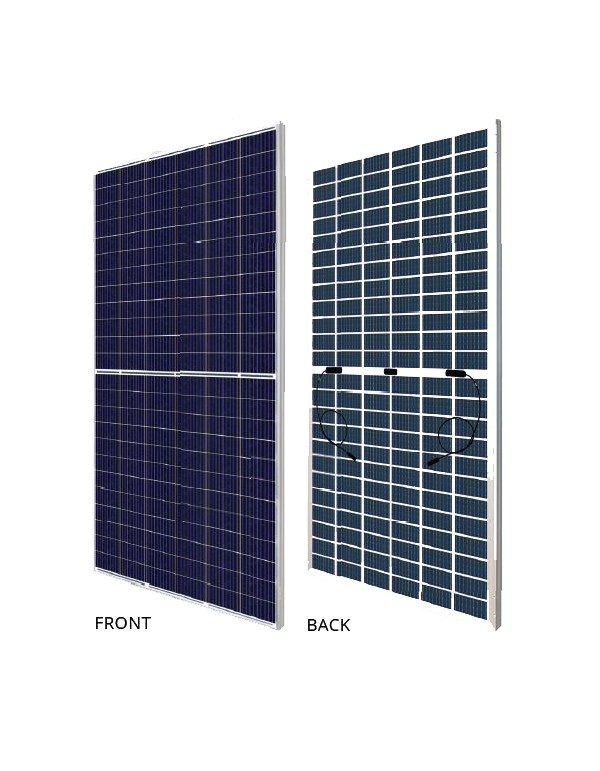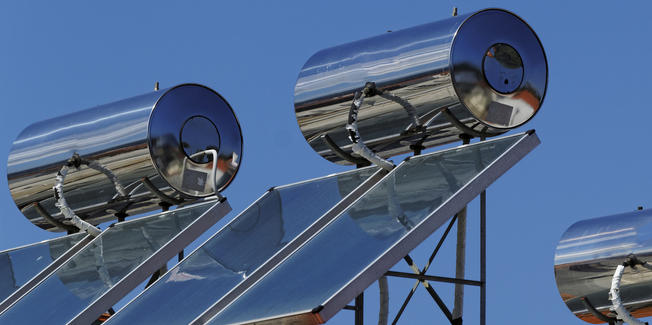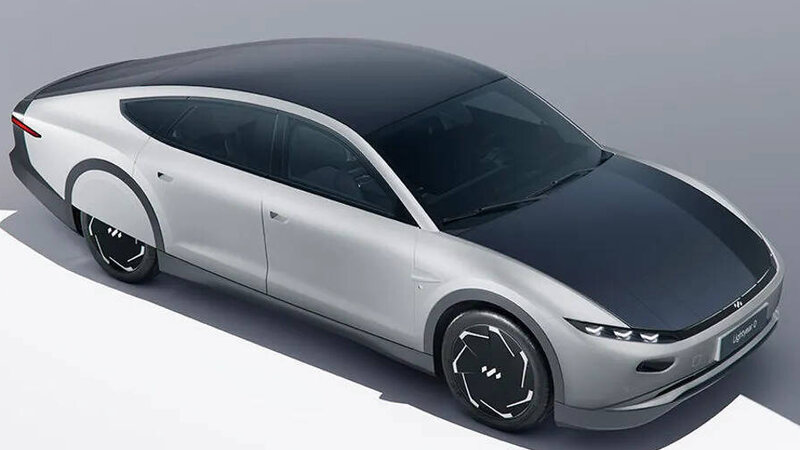
Solar panels are expensive but worth it. These panels are eco-friendly and produce a lot of energy for your house. There are many tax incentives that make solar energy attractive. This article will examine the costs and calculate the ROI of solar panels. This article will hopefully help you make an educated decision.
Cost of solar panels
When considering the cost of solar panels, it's important to keep several factors in mind. There is also equipment that can increase the price. Equipment includes mounting hardware, inverters and metering tools as well as solar panels, batteries, wiring, and mounting hardware. The more powerful your solar system, the more equipment you will need. There are also operational costs, including monitoring and inspections. They are not included in the price of solar cells, but can add up.
The number of panels you require will determine the price of solar panels. The cost per panel may be high or low depending on the manufacturer. It all depends how large the panel is and where it's installed. However, you should note that most solar companies price their solar panel systems by the complete system, including installation. SolarReviews.org gives you state-specific information about solar power companies. This will give you a better idea on the panel cost.

Period of payback for solar panels
When considering purchasing solar panels, it is essential to understand the payback period. This calculation includes the annual savings after taking into account any tax rebates, financial incentives, and other financial incentives. In the case of a residential installation, your payback period will be measured when you start saving as much money on your power bill as you spent on the solar panels. Ultimately, it is worth it to install solar panels, since the payback period is much shorter than you might expect.
You can expect to save hundreds every year because the cost of electricity will determine the payback period for solar panels. The payback time varies greatly from one state to another, but generally it takes between 8 and 15 years, depending upon how many panels you have. Because solar panels are made to last many decades, a solar energy system may pay for itself within just 8 to 15years of its installation. In Canada, solar panels are typically able to pay for their costs in between eight and fifteen years.
Tax incentives
Consider federal tax incentives when deciding whether or no to install solar panel on your home. The tax credit makes it more affordable to use solar energy and gives you tax savings for the money you spend. But, not all homeowners are eligible for the credits. While some states may offer a partial credit, others might not. Before you begin looking for the best solar energy system, it is important to understand what the federal tax credit is.
There are many benefits to installing solar panels. You can increase the property's value. A potential buyer will choose your home if they see a lower utility bill. A few states also have legislation that gives you a tax break for the home's value if you install a solar system. For example, $25,000 worth of solar panels will not be included in your local tax bill. Businesses can also benefit from solar incentives, in addition to residential installations. Solar panels can be used to generate energy for businesses. This tax credit can be used to offset up to 30% of the cost of a PV system.

Solar panels have a high ROI
The ROI (return on investment of a solar panel) is dependent on many factors. They include the initial cost, interest rates, tax credits and rebates. Another factor is the money saved on your energy bills. These savings depend on how much electricity is available in the area where you live. Lower utility costs will lead to shorter payback periods. There are many ways to increase your solar panel ROI.
Your ROI will rise if you increase your energy production. The more panels you place, the more energy you save. By multiplying the estimated energy savings by solar panels' cost, you can calculate your return on investment. Ideally, you will have a net installation cost, and the amount of money you'll save from lower energy bills will equal the amount of energy you save. However, if you want to know your ROI of solar panels before you install them, you can calculate the savings per kWh using a calculator.